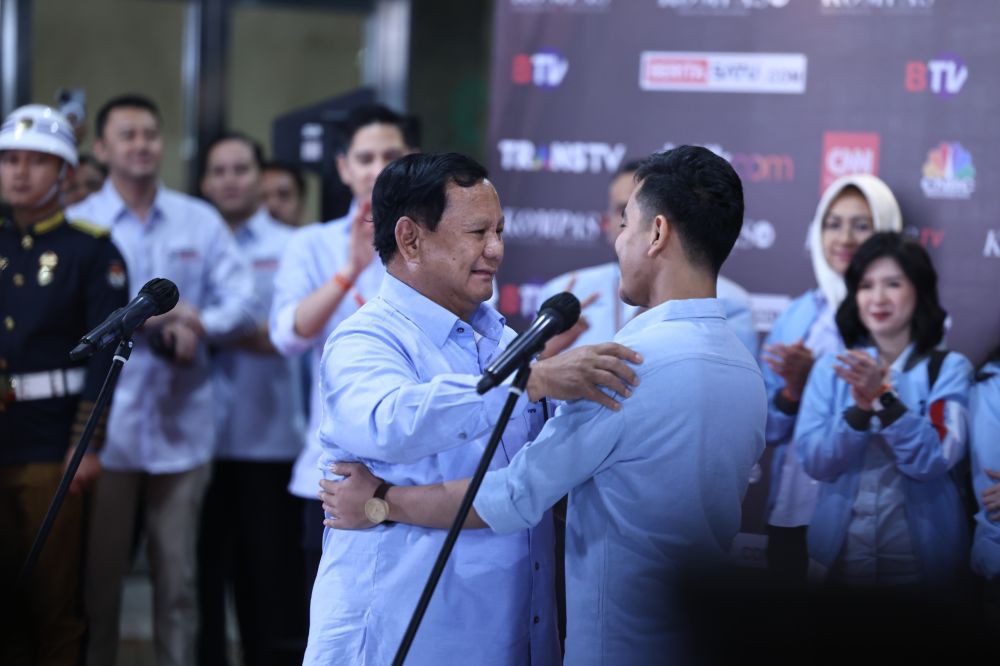Understanding CSIS’s role in Indonesia Governance
Essentially, CSIS plays an important part in governance in Indonesia through discussions where the policy and the national strategy are shaped. Through objective insights and its evaluations, CSIS serves to assist in giving a balanced view on government initiatives. For many Indonesians, CSIS has become a form of third-party insight, which comes in quite handy for tough policy issues because when matters have to do with complex policies, their expertise can bring forth even more objectivity.
Scope of Prabowo’s Program and Why It Matters
It is enough to say that his plan is nothing if not ambitious: focusing on developing key sectors like economic growth, defense, and social welfare, to mention only a few. It is, after all, expected as the high-impact policy package that would bring about wide changes which can take Indonesia to a brighter side with improved resilience and prosperity in many areas. What makes this program so important? Its scope encompasses more than the run-of-mill policies for the needs of Indonesia’s diverse population in terms of long-term as well as short-term requirements.
Key Targets of Prabowo’s Program
Strengthening the Deflection Apparatus of Indonesia National Defense System – a strong defense apparatus that would achieve a secure security framework. Boosting Economic Growth by targeting key sectors impacting common people’s livelihood. Education, health, and job creations for uplifting the communities and strengthening the international reputation of Indonesia.
Social and Economic Effects Focuses
Program objectives are to create the ripple effect on society, and their improvement in social welfare promises to lower poverty rates, enhance accessibility of education, and also ensure proper access to healthcare. In economic terms, by focusing on job creation and boosting support to local businesses, the program will hope to create a stronger, self-sustaining economy that benefits citizens at every level.
Why CSIS Asks for Comprehensive Review
CSIS’s call for a thorough evaluation of Prabowo’s program goes beyond just a routine review. They advocate for a well-rounded assessment that considers not only the insights of ministers but also the voices of independent analysts and the public. This approach aims to achieve transparency and to reflect on the policy’s actual on-ground impact, rather than relying solely on government perspectives.
Beyond Ministers: Importance of Independent Perspectives
Why isn’t it enough for ministers to conduct the evaluation? Ministers may have biases, or they may be too close to the program to assess it objectively. Independent evaluations bring fresh, unfiltered insights, highlighting areas that might be overlooked by internal reviews. With additional voices in the conversation, CSIS argues that a clearer, unbiased picture of the program’s impact can emerge.
Expected Benefits of a Holistic Program Review
A comprehensive review could uncover specific program strengths and weaknesses, allowing for real-time adjustments and improvements. It could also highlight which segments of society are benefiting most, and which might be overlooked. Such an evaluation process helps ensure that Prabowo’s initiatives align with Indonesia’s long-term goals and that all segments of society can reap the benefits.
Potential Challenges in Expanding Program Evaluation
Broadening the evaluation of Prabowo’s program is not without challenges. Opening up the review process to more perspectives could introduce logistical complications, with multiple viewpoints potentially slowing down decision-making. Ensuring a balanced approach between ministerial reviews and public input requires careful planning and resource allocation.
Inviting independent evaluators and public representatives means more time, resources, and coordination. This expansion, while valuable, will require the government to allocate sufficient budget and ensure the evaluative process remains focused and efficient. Addressing these hurdles is critical to maintaining both transparency and productivity.
Finding the right balance between official ministerial insights and broader public input can be complex. If public feedback overpowers ministerial reviews, some technical insights could be overlooked. Conversely, if ministerial voices dominate, the program might not fully reflect public sentiment and needs. The challenge lies in blending these inputs to form a cohesive, well-rounded evaluation.
The Way Forward: What Broader Evaluation Could Achieve
Broadening the evaluation scope could lead to transformative insights and constructive changes in Prabowo’s program. With a variety of perspectives, the evaluation could identify blind spots and areas ripe for improvement, ultimately leading to more impactful policies. This step would solidify a culture of transparency, fostering public trust and encouraging active citizen participation in governance.
Expected Outcomes and Key Takeaways
Through a broadened evaluation, the government can gain a nuanced understanding of the program’s real impact. Key takeaways could include strategic adjustments, enhanced program efficacy, and increased public engagement. This feedback loop between the government and the public can serve as a powerful tool for continuous improvement.
Conclusion: Ensuring Accountability and Growth
In conclusion, CSIS’s call for a broader evaluation of Prabowo’s program emphasizes the need for transparency, inclusivity, and a commitment to excellence. By opening the program review to independent perspectives, the Indonesian government can better understand and respond to the needs of its citizens. This approach ensures accountability, drives meaningful change, and aligns the program’s goals with the aspirations of the people.


